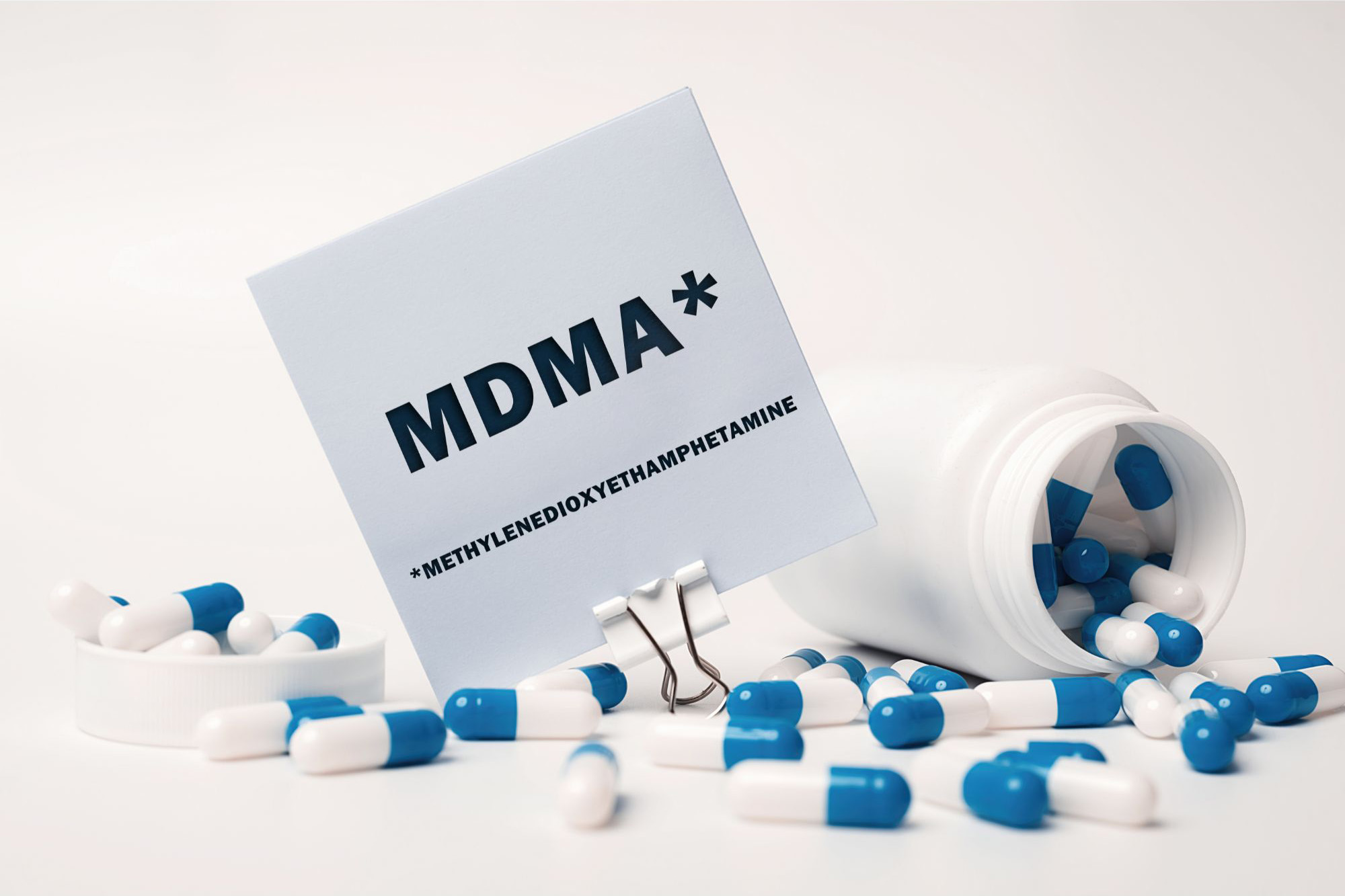Research on MDMA’s use in psychotherapy have led to new variants developed by MedUni Vienna that could offer similar benefits with reduced side effects, paving the way for safer, controlled therapeutic applications.
Research findings may enhance regulated application in neuropsychiatric conditions.
The global conversation around using 3,4-methylenedioxy-N-methylamphetamine (MDMA), popularly known as “ecstasy,” in psychotherapy for mental illnesses like post-traumatic stress disorder is gaining momentum. Despite clinical trials exploring its therapeutic potential, only Australia and New Zealand have approved and regulated its controlled use by professionals, citing potential risks and side effects.
An international research team led by MedUni Vienna has now identified three new variants of MDMA as promising alternatives for safer use in a controlled psychotherapeutic setting as part of a study. The results were recently published in the Journal of Neurochemistry.
The currently developed MDMA variants (ODMA, TDMA and SeDMA) have been modified by the researchers in such a way that the positive effects are retained and the negative effects are reduced. As the studies carried out on human cell cultures by Harald Sitte’s team from MedUni Vienna’s Center for Physiology and Pharmacology show, the new chemical compounds have a similar effect to MDMA on the relevant clinical target structures in the brain (such as DOI: 10.1111/jnc.16149




















Discussion about this post